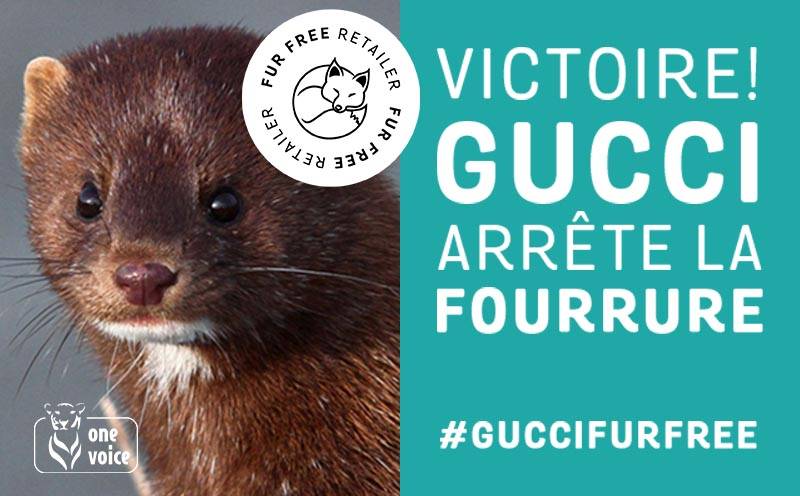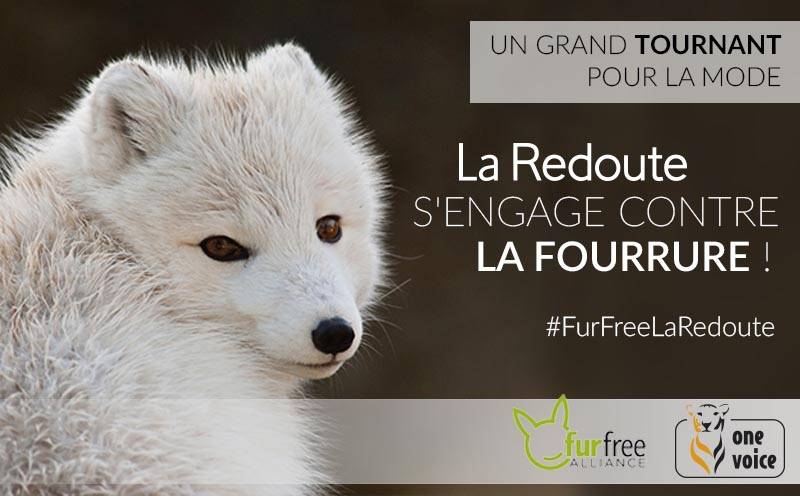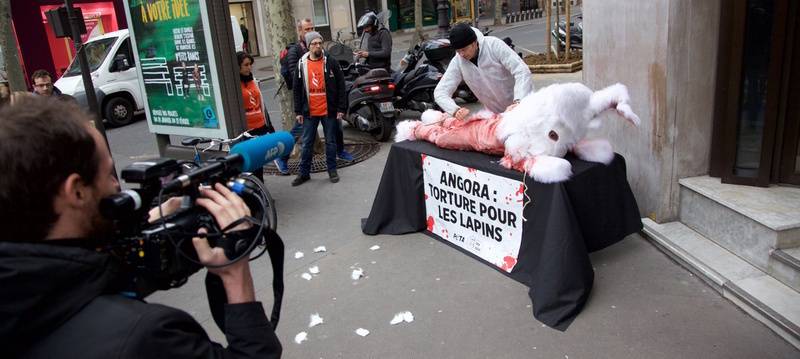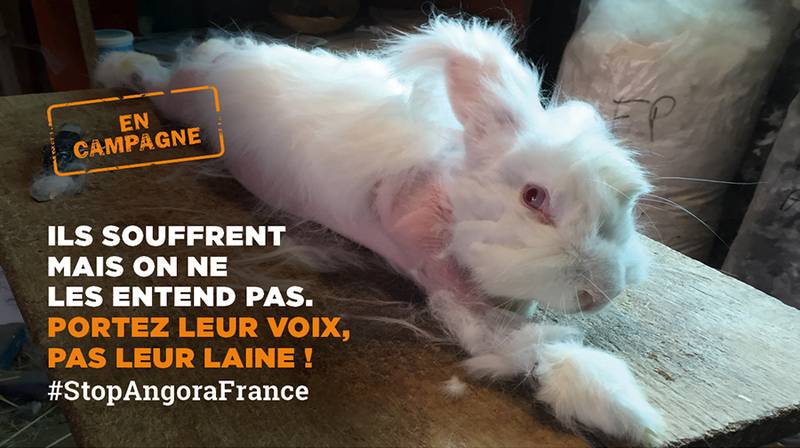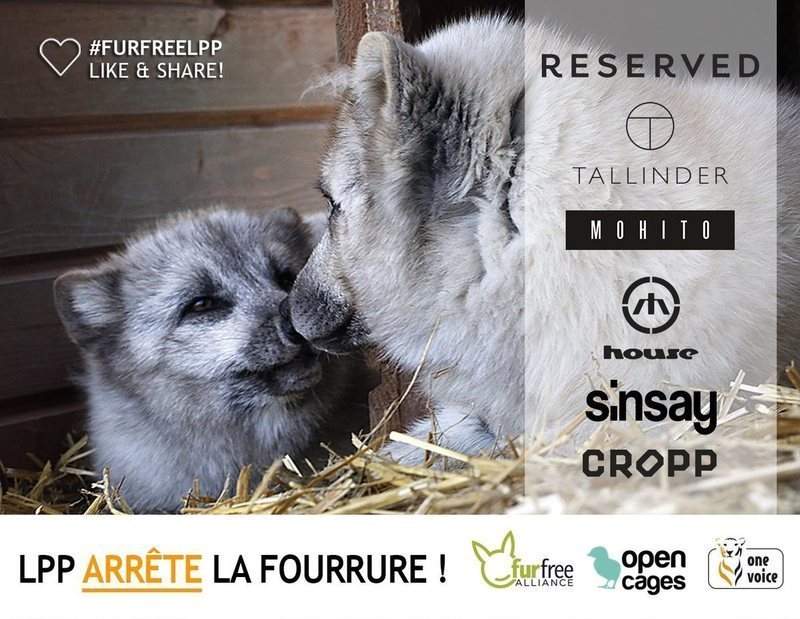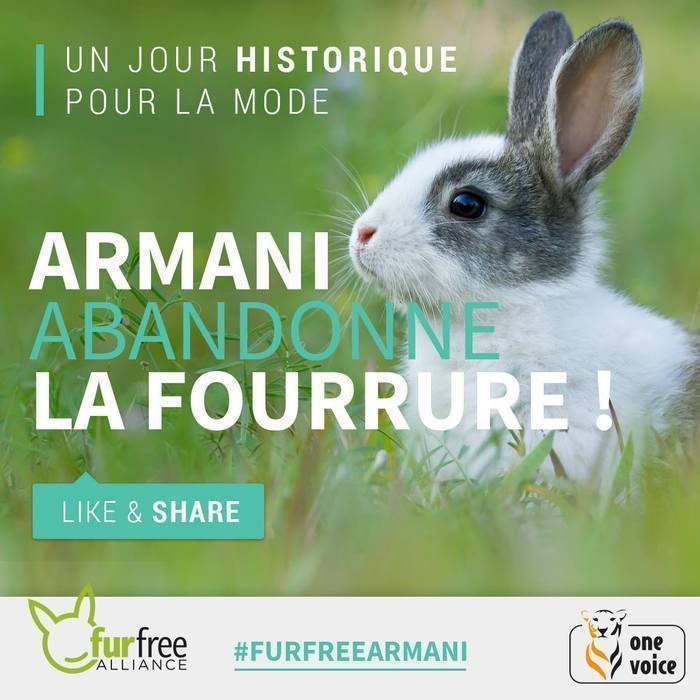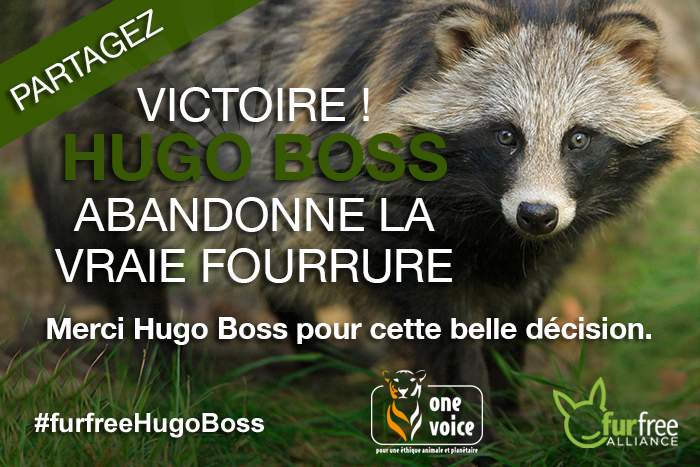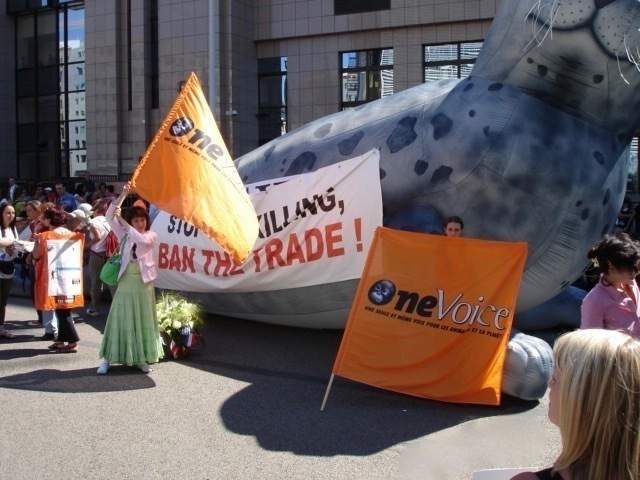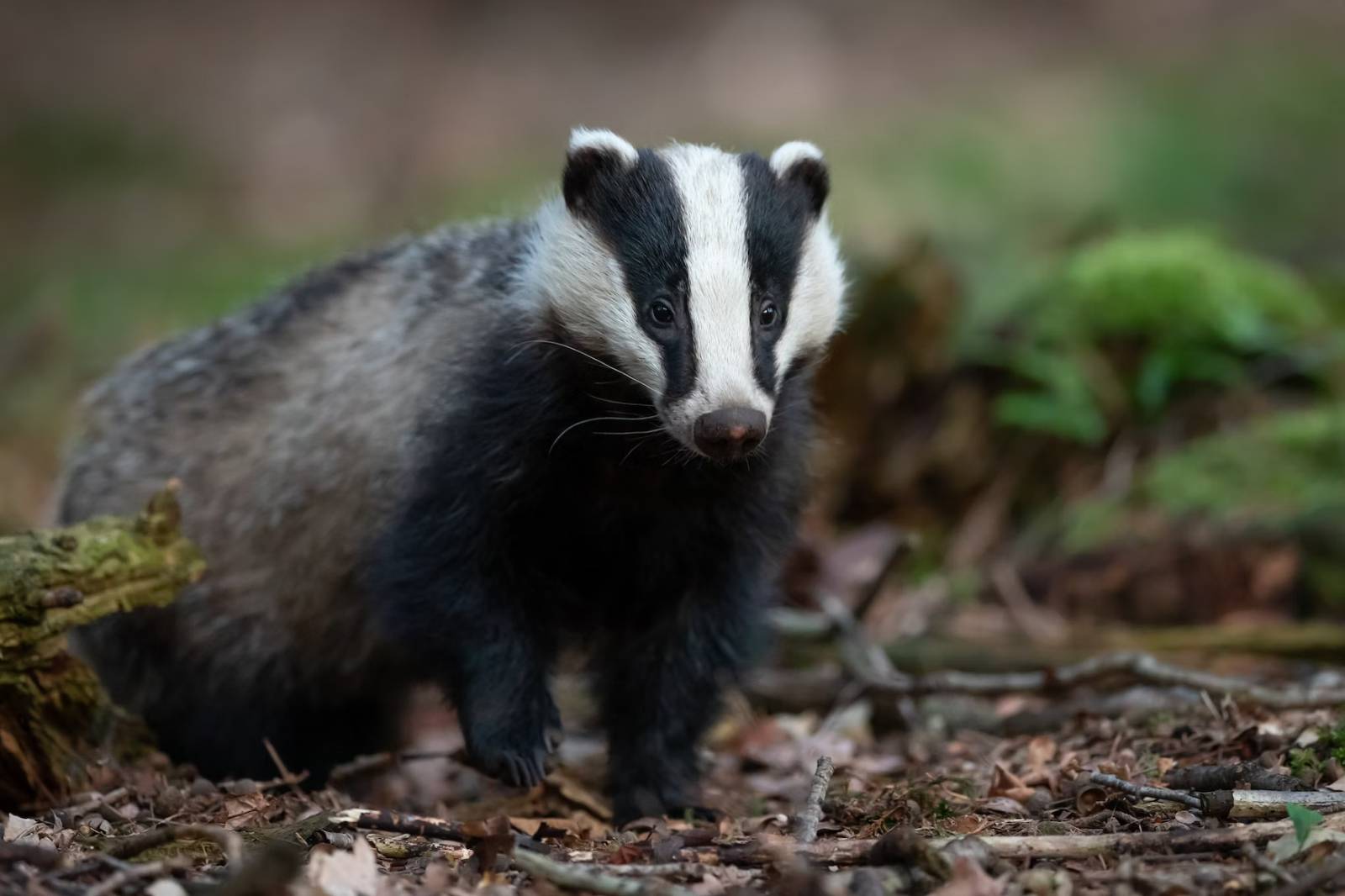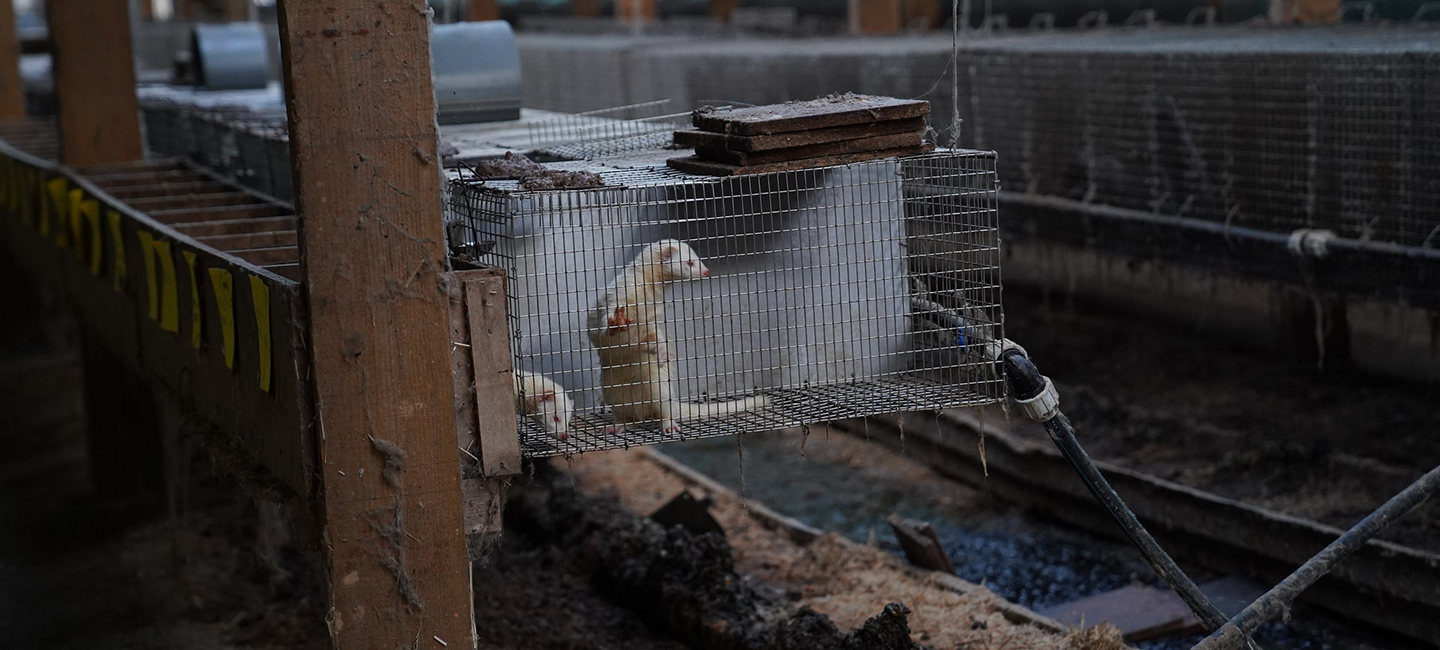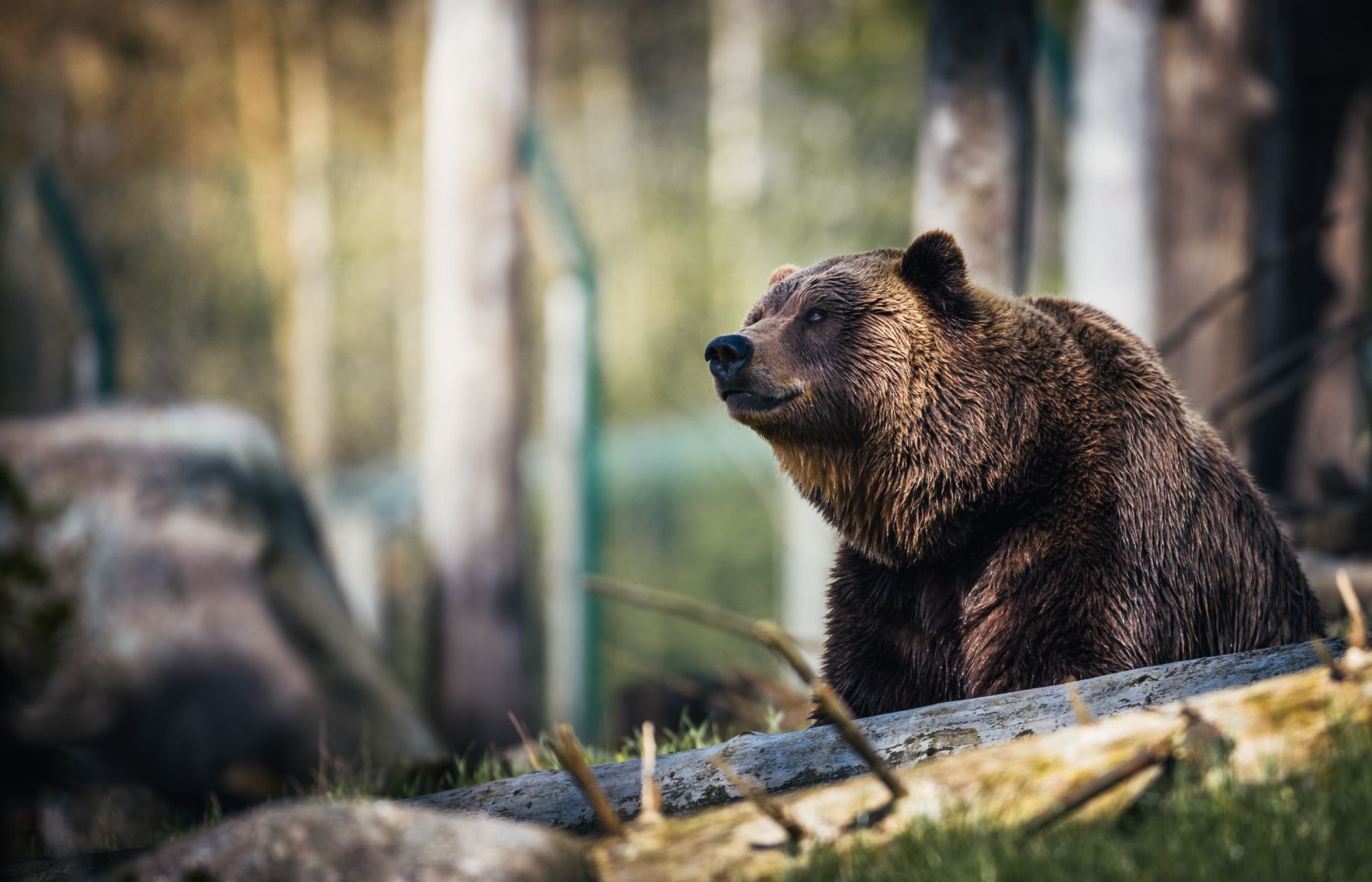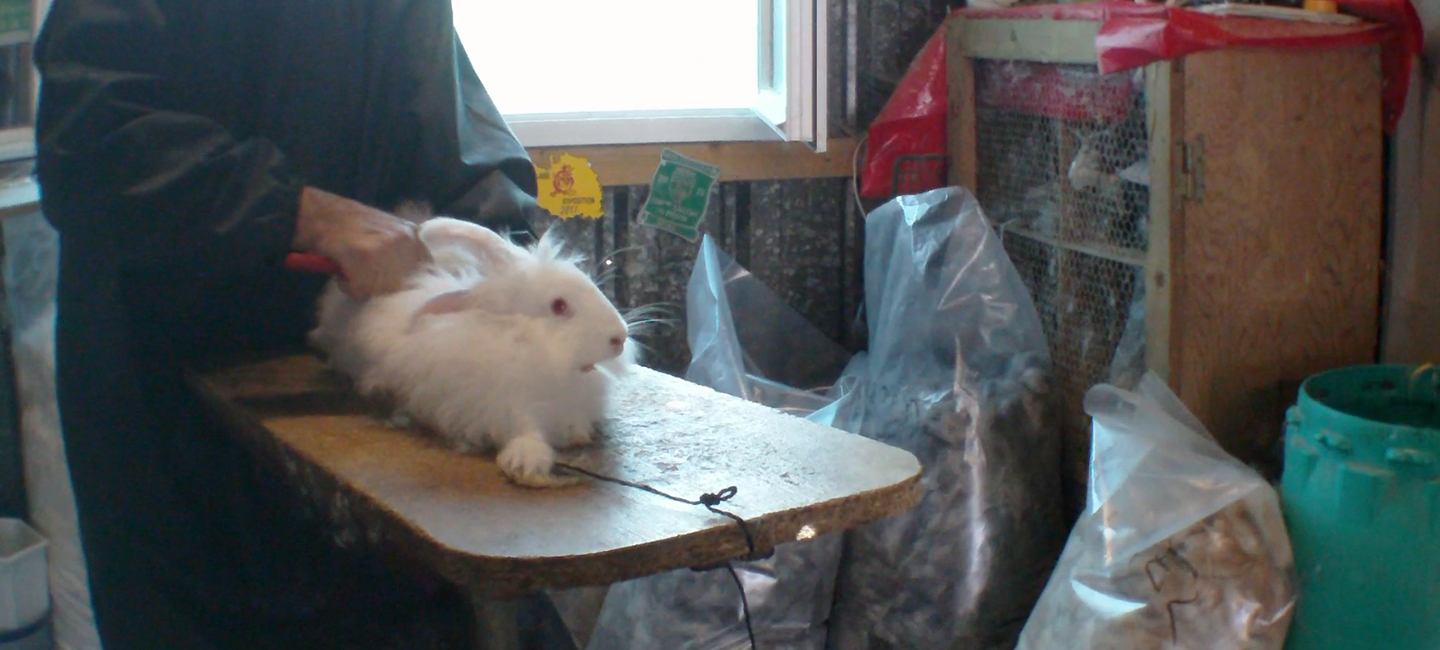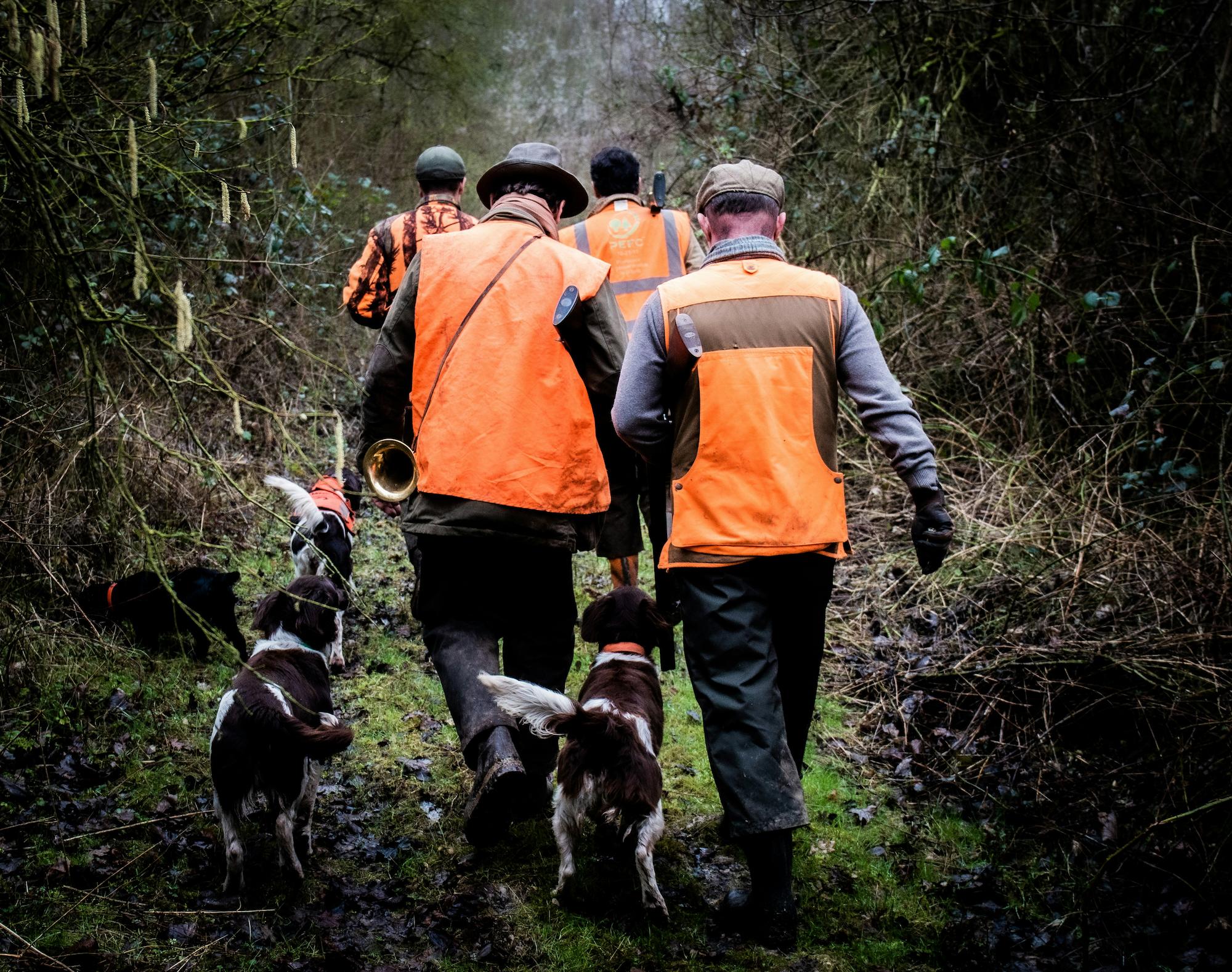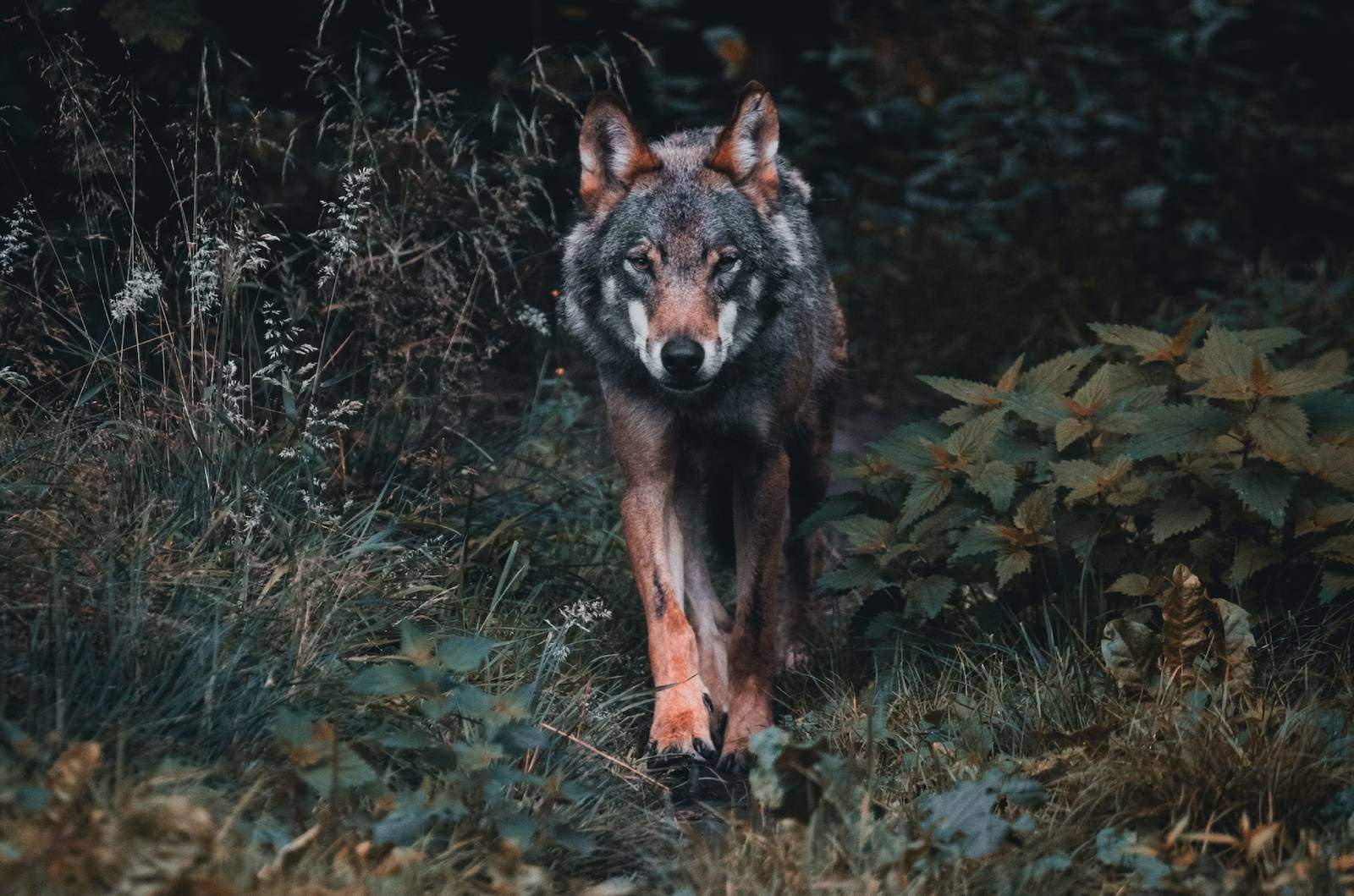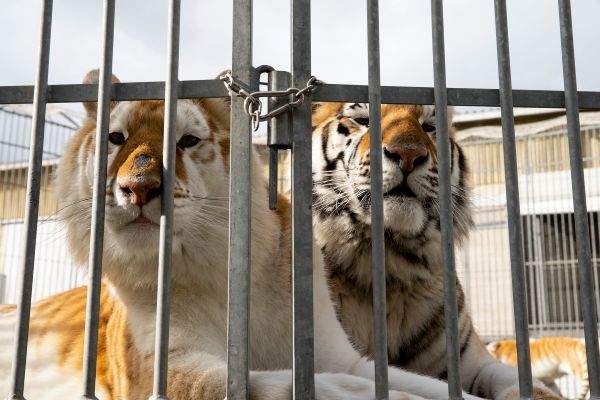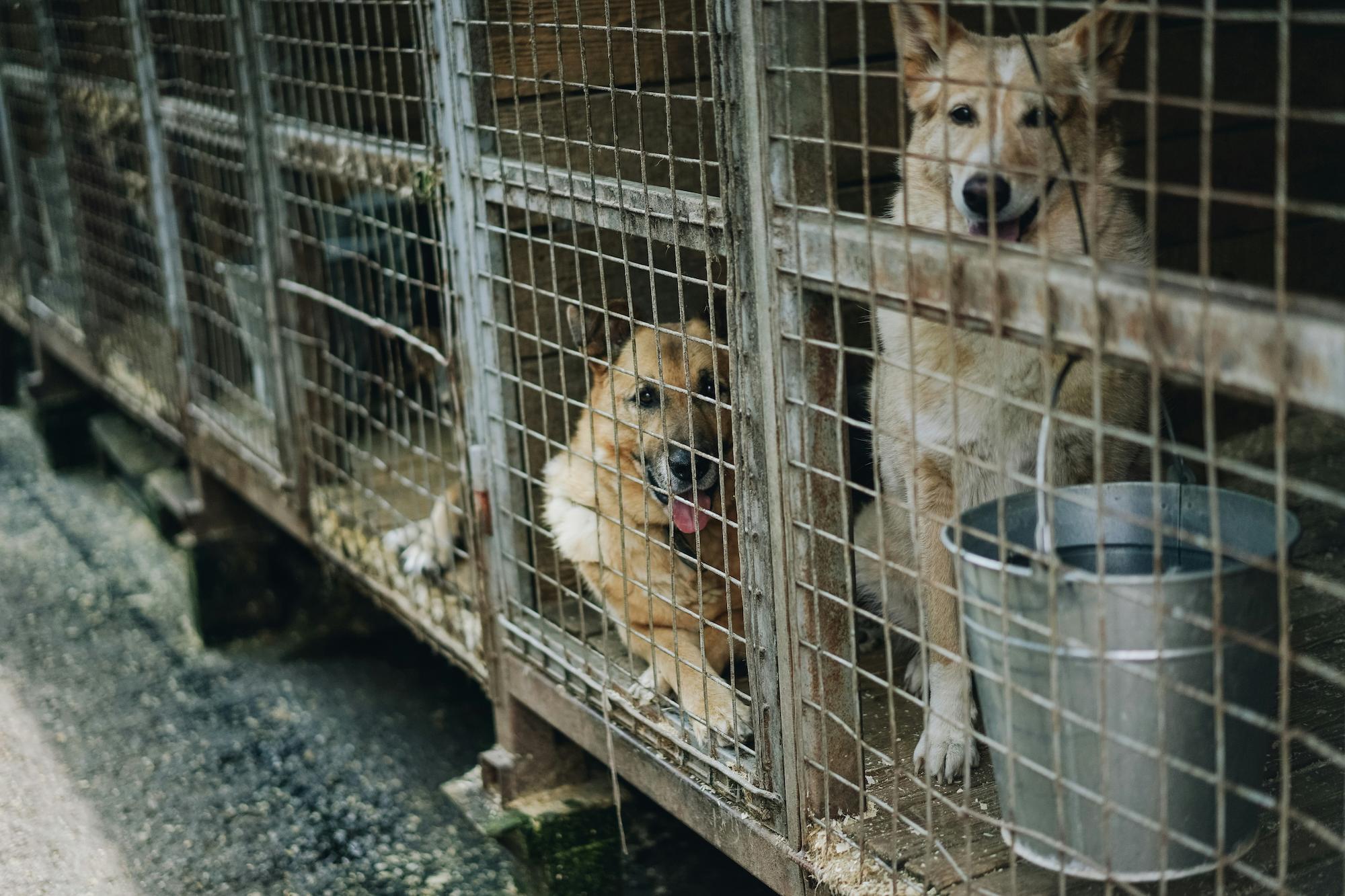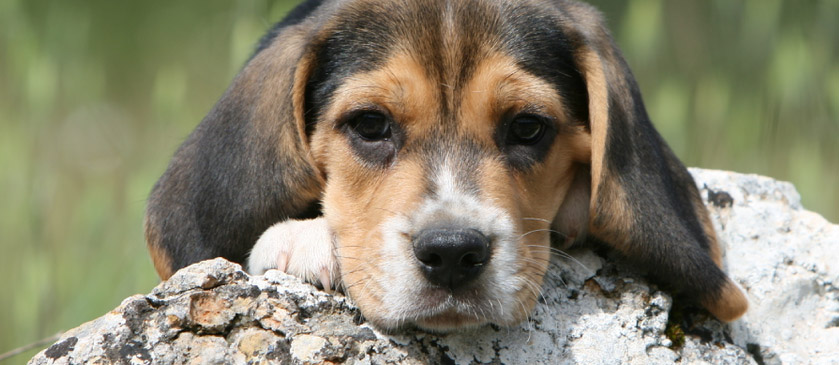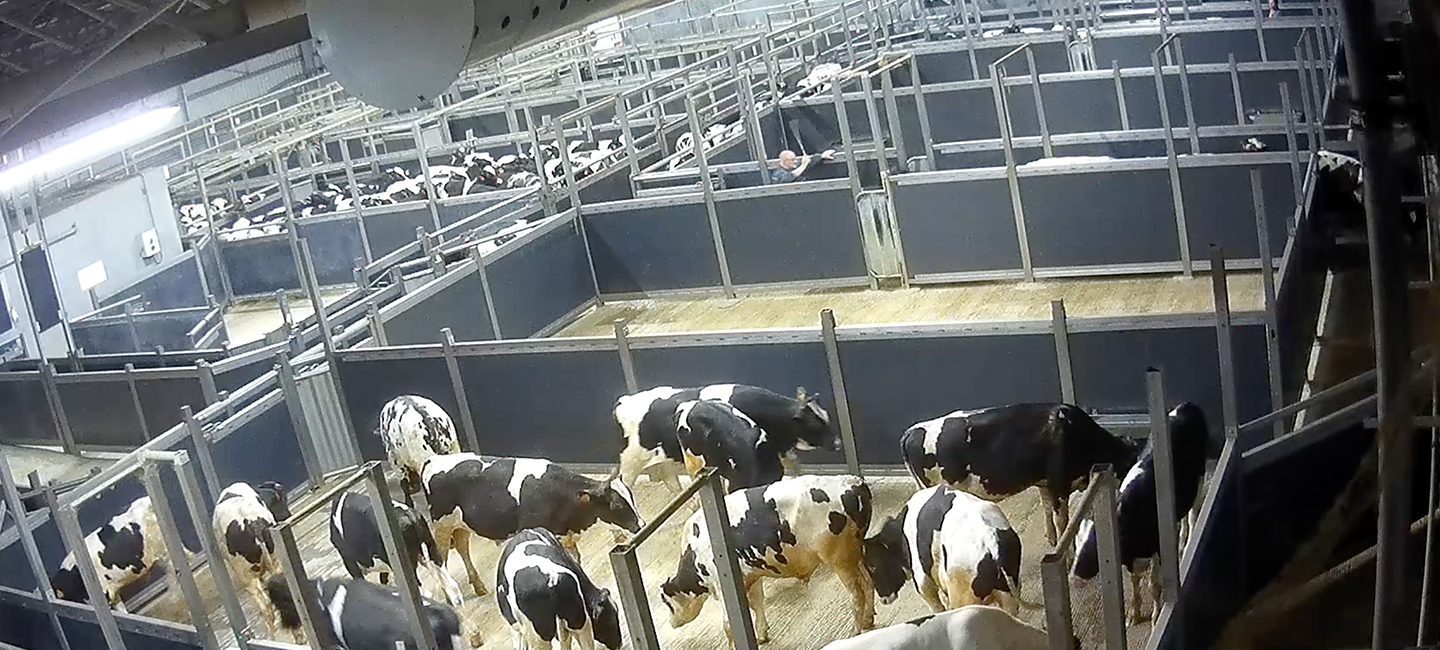
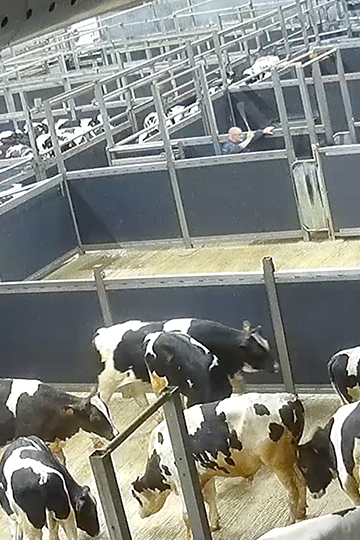
Leather
To save their skins, we need to ban their sale!
Between environmental heresy, violence and animal and human mistreatment, the leather industry is a cruel and bloodthirsty industry. It legitimises barbaric practices, with the utmost disregard for animal rights and dignity, and abominable rearing and slaughtering conditions. The skins business is a tempting booty for many lobbies and industrialists, who do not hesitate to violate ethics in all its forms. One Voice has been fighting for many years against those who authorise and perpetuate these acts of cruelty, with complete impunity.
Why are we fighting against the exploitation of animals for leather?
Meat and leather industries: death in the skin
The meat and leather industries work hand in hand to form a powerful and prolific lobby. Animals exploited for their flesh are generally the same as those exploited for their skins, and leather represents on average 40% of the profits made from the animal, and sometimes more if the animal is exploited solely for its skin, as in the case of crocodiles or snakes.
An industry that flouts animal and human rights
Our investigation in the Dordogne at the slaughterhouse of Sobeval, France’s largest luxury leather producer, revealed not only the spiralling suffering endured by the calves, but also the infernal pace to which the workers are subjected.
Parked in dark, overcrowded areas that are too small, the young cattle are injured and fall ill. Transport to the slaughterhouse is another ordeal: some animals die during the journey, particularly from heatstroke, trauma and respiratory diseases. Slaughter is no less cruel: our investigators were able to see the fear in the eyes of animals aware of their fate and their panic when confronted with the slaughter gun.
Leather and the environment: a toxic relationship
Tanning hides requires large quantities of water and chemicals, particularly nitrate. The European companies involved are now subject to several directives and to the REACH regulation in order to reduce the impact on nature. Unfortunately, to circumvent environmental measures, the leather industry does not hesitate to relocate to countries where legislation is at best lax, at worst non-existent: Tunisia and Bangladesh are sad examples of industries with dramatic health and environmental consequences. A cocktail of no fewer than 300 different toxic substances is discharged with impunity into nearby waterways, without any prior reprocessing.
Key figures
An alarming fact
Our proposals
- Refuse products made from leather: Make the choice not to buy products made from leather. With the Animal Free label supported by One Voice in France, you can identify products that come from responsible fashion that respects animal rights.
- Make a donation: By making a donation to the association, you will enable us to continue to denounce and raise awareness of the ethical and health problems of the leather industry.
History
